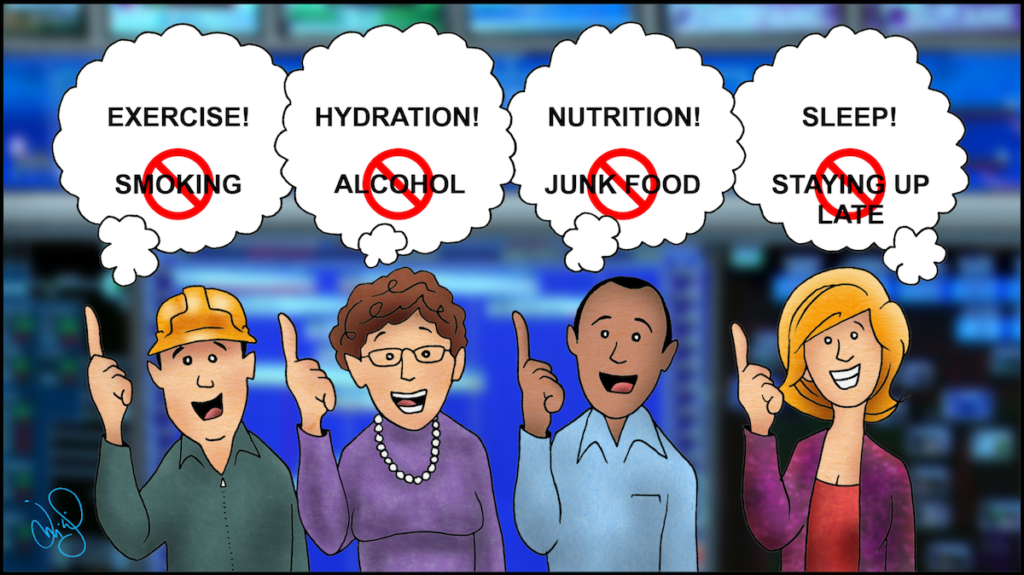How is your liver functioning? Have the holidays disrupted your sleep times, food and drink intake, and exercise routines? I read about a study in this article Your Liver Doesn’t Know It’s the Holidays that suggests it is important to maintain a consistent schedule for the sake of your liver. The study indicates that the liver has a clock of its own, and that “liver clock” is affected by food and alcohol, as well as the times we sleep and the amounts we sleep.
This is a good time of year to consider what you are doing to your liver, and to the rest of your being. Perhaps 2017 should be the Year of the Healthy Liver and Healthy Lives. “Taking care of your liver is far more about avoiding what’s bad than it is about eating or drinking things that are particularly nourishing to the liver,” says Dr. Ray Chung, medical director of the liver transplant program at Massachusetts General Hospital. Some bad things to avoid are too much alcohol, too much acetaminophen, some cholesterol drugs, and toxins including tobacco.
Lots of us set goals for the New Year. The majority of us do not achieve many of those goals. I set some health and fitness goals last year and did not meet any of them. Should I avoid the failure in this New Year and not set any goals? Of course not! After many years of failure, my 69th year on the earth might be the year I am successful in achieving improved health and fitness. All of us should use the GROW model and set some goals that will enhance our abilities to manage fatigue.
Goal – What do you want?
Reality – Where are you now?
Options – What could you do?
Will – What will you do?
We all know that managing fatigue is affected by sleep, diet, hydration, and exercise. We all know what to do; now it is time to do those things that will keep our livers functioning well and our lives filled with health, well being, and excellence in pipeline safety and job satisfaction. Happy New Year!
It is a good time of year for organizations to evaluate the effectiveness of its Fatigue Risk Management System (FRMS). If your control room is subject to the Control Room Management regulations, one of the requirements is to evaluate the effectiveness of your fatigue training/education at least once each calendar year. We recommend evaluating the FRMS and the fatigue-training program since both are important for reducing the risks of a fatigue related incident.
An organization should set goals related to fatigue management. Those goals should include providing:
- Opportunities for adequate sleep between shifts and regular days off between sets of shifts
- Adequate staffing so that people do not have to work overtime regularly
- Fatigue mitigation features in the design of the control room
- At least one fatigue training course each calendar year, with changing course content from year to year so that people maintain interest
- Regular fatigue educational materials
- Ways to screen for sleep disorders
- Evaluation of the FRMS that includes interviews or surveys of
the employees




